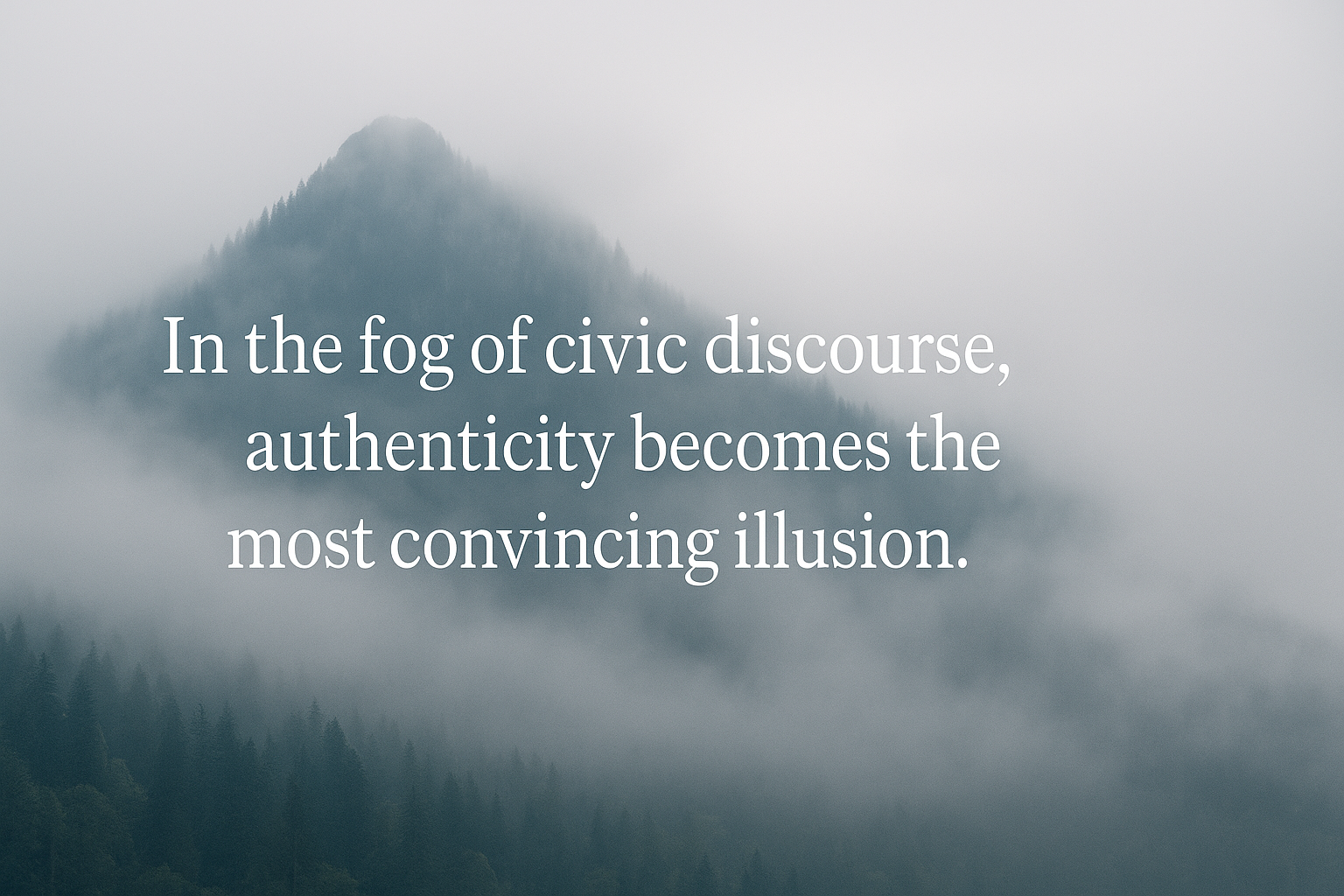
Ever scroll through social media and come across a post that sounds incredibly profound, only to read it again and realize it makes absolutely no sense? You’re not alone. These are examples of what researchers call “pseudo-profound bullshit.” (like a quote over a mountain covered in fog?)
It’s a topic that’s been on my mind lately, fueled by some recent online interactions (seriously, I have to remember to just stick to talking about my dog and the Gators!).
These social interactions reminded me of a study by Pennycook and colleagues I read some time ago investigating why certain people are more receptive to these seemingly wise but ultimately empty statements.
Citation & Links
Title: On the reception and detection of pseudo-profound bullshit
Link: download a pdf
Peer Review Status: Yes
Citation: Pennycook, G., Cheyne, J. A., Barr, N., Koehler, D. J., & Fugelsang, J. A. (2015). On the reception and detection of pseudo-profound bullshit. Judgment and Decision Making, 10(6), 549–563.
Methodology
Researchers presented participants with statements that appeared meaningful but were actually random buzzwords strung together. For example, one statement was, “Wholeness quiets infinite phenomena.” Participants rated how profound they found each statement. Researchers then analyzed these ratings alongside measures of cognitive style, beliefs, and intelligence.
Results and Findings
- People vary in their ability to detect bullshit.
- Those who easily fall for bullshit tend to be less reflective thinkers.
- People who are more gullible also tend to have lower cognitive ability and believe in the paranormal.
- A bias toward accepting statements as true may contribute to bullshit receptivity.
“The vagueness of the statements may imply that the intended meaning is so important or profound that it cannot be stated plainly.”
Deep Dive: Discerning Deceptive Vagueness
The study suggests that detecting bullshit involves more than just skepticism. It requires the ability to recognize vague language that seems impressive but lacks real substance. Some people may have a stronger tendency to accept things at face value. This can make them more susceptible to bullshit.
The researchers also found that people who are more reflective and have higher cognitive abilities are better at spotting bullshit. This suggests that critical thinking skills play a role in bullshit detection.
Why It Matters: Bullshit in the Real World
Pseudo-profound bullshit is common.
You likley encounter it in everyday conversations (especially those taking place on social media), political rhetoric, marketing, and even academia.
Robert F. Kennedy Jr., the current Secretary of Health and Human Services, has made pseudo-profound claims. For instance:
This statement contains all the hallmarks of pseudo-profound language – it sounds momentous and offers a dramatic promise while being scientifically implausible.
Understanding bullshit like this and how people perceive and process bullshit can help us become more discerning consumers of information.
Limitations/Caveats
The study focused on pseudo-profound bullshit, but there are other kinds. For example, “conversational bullshit” occurs when people speak without concern for the truth, such as in a casual bull session with friends. Also, partisanship and polarization is likely to affect how people rate the profundity of statements.
Final Thoughts / Conclusion
Bullshit is widespread (especially online without any editors), but we can learn to identify and resist it.
Critical thinking skills should be mandatory so that we call can better navigate the sea of information and avoid falling for deceptive vagueness.
PS Recommended Reading
Want more? Check out Calling Bullshit, a book and course by two university professors to address “what we see as a major need in higher education nationwide.”
The site has free lectures, case studies, and tools: callingbullshit.org
I have read their book, and I highly recommend it.
